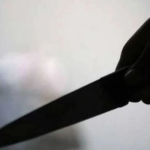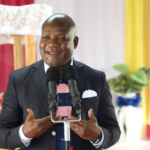Funerals are being held for the victims of a rocket strike in the Israeli-occupied Golan Heights, where at least 12 people, mostly children, were killed on Saturday when a rocket hit a football pitch in Majdal Shams. Israel has blamed Hezbollah, but the Lebanese militant group strongly denies any involvement.
Early on Sunday, the IDF conducted air strikes against seven Hezbollah targets “deep inside Lebanese territory.” Israel and Hezbollah have been exchanging fire regularly since October, following the onset of the Israel-Gaza war. Israeli Prime Minister Benjamin Netanyahu vowed that Hezbollah would “pay a heavy price,” but US Secretary of State Antony Blinken expressed a desire to prevent the conflict from escalating.
Understanding Hezbollah
Hezbollah, a Shia Muslim organization, is politically influential and controls the most powerful armed force in Lebanon. Established in the early 1980s by Iran, the region’s dominant Shia power, Hezbollah was created to oppose Israel. It has since maintained thousands of fighters and a significant missile arsenal in southern Lebanon, continuing to oppose Israel’s presence in disputed border areas.
US Position on the Conflict
US Secretary of State Antony Blinken, speaking from Tokyo, Japan, reaffirmed Israel’s right to defend its citizens and emphasized the US’s determination to support this. Blinken also stressed that the US does not want the conflict to escalate, stating that preventing its spread has been a goal since October 7. He indicated that there is “every indication” that yesterday’s rocket strike in the Golan Heights was launched by Hezbollah, despite their denial.



